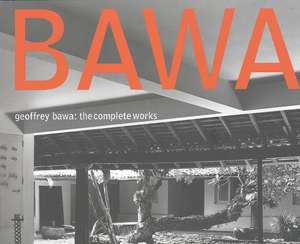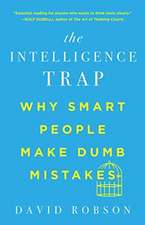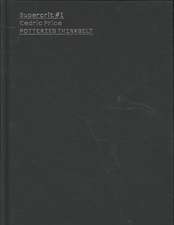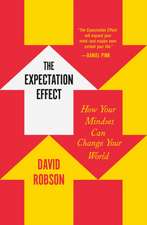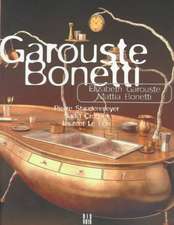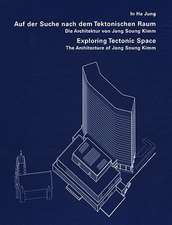Geoffrey Bawa
Autor David Robsonen Limba Engleză Hardback – 31 oct 2002
Preț: 307.61 lei
Preț vechi: 354.52 lei
-13% Nou
Puncte Express: 461
Preț estimativ în valută:
58.87€ • 61.53$ • 49.74£
58.87€ • 61.53$ • 49.74£
Carte disponibilă
Livrare economică 13-27 februarie
Livrare express 29 ianuarie-04 februarie pentru 148.17 lei
Preluare comenzi: 021 569.72.76
Specificații
ISBN-13: 9780500341872
ISBN-10: 0500341877
Pagini: 278
Ilustrații: 500 illustrations, (250 colour), maps, chronology, glossary, index.
Dimensiuni: 269 x 287 x 30 mm
Greutate: 1.96 kg
Editura: Thames & Hudson
Locul publicării:United Kingdom
ISBN-10: 0500341877
Pagini: 278
Ilustrații: 500 illustrations, (250 colour), maps, chronology, glossary, index.
Dimensiuni: 269 x 287 x 30 mm
Greutate: 1.96 kg
Editura: Thames & Hudson
Locul publicării:United Kingdom
Descriere
Few architects of the twentieth century have achieved the harmonious and pleasurable fusion of local building traditions with modern forms and sensibility as has Geoffrey Bawa. The man and the buildings that he has created over the last forty years have become legendary in the region and influential around the world. Born in Sri Lanka in 1919 and educated at Cambridge University, Bawa initially worked in a Colombo law firm before returning to London's progressive Architecture Association as a student in the 1950s. His early works were houses that artfully married vernacular styles and sensitively responded to climate and site with a modern architectural vocabulary. It wasn't long before his talents were applied on a larger scale, to a number of carefully designed hotels, the Sri Lanka parliament, and a wide variety of schools, office buildings, and other public works. His oeuvre is symbolized by the evolution of his own residences, in Colombo and in Lunuganga, which eloquently reflect Bawa's career and personality.This ambitious publication is a comprehensive documentation and appreciation of the man and his work. Introductory chapters present Bawa's early life and the influence of local architecture and his education, while the heart of the book is a portfolio of his most important works. The reference section includes a complete chronology.
Architecture trends come and go, often fueled by a preoccupation with technology, but master architects whose works transgress boundaries, history, and styles always have something to teach. In the work of Geoffrey Bawa there are lessons for all of us.
Architecture trends come and go, often fueled by a preoccupation with technology, but master architects whose works transgress boundaries, history, and styles always have something to teach. In the work of Geoffrey Bawa there are lessons for all of us.
